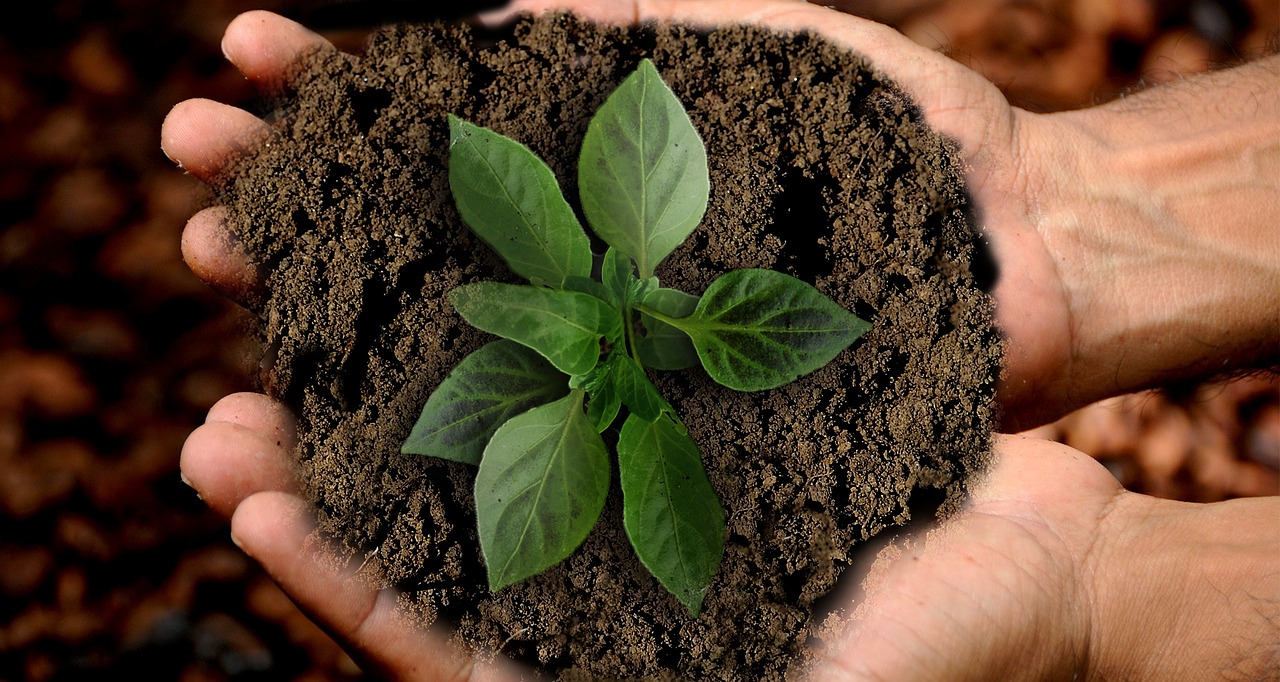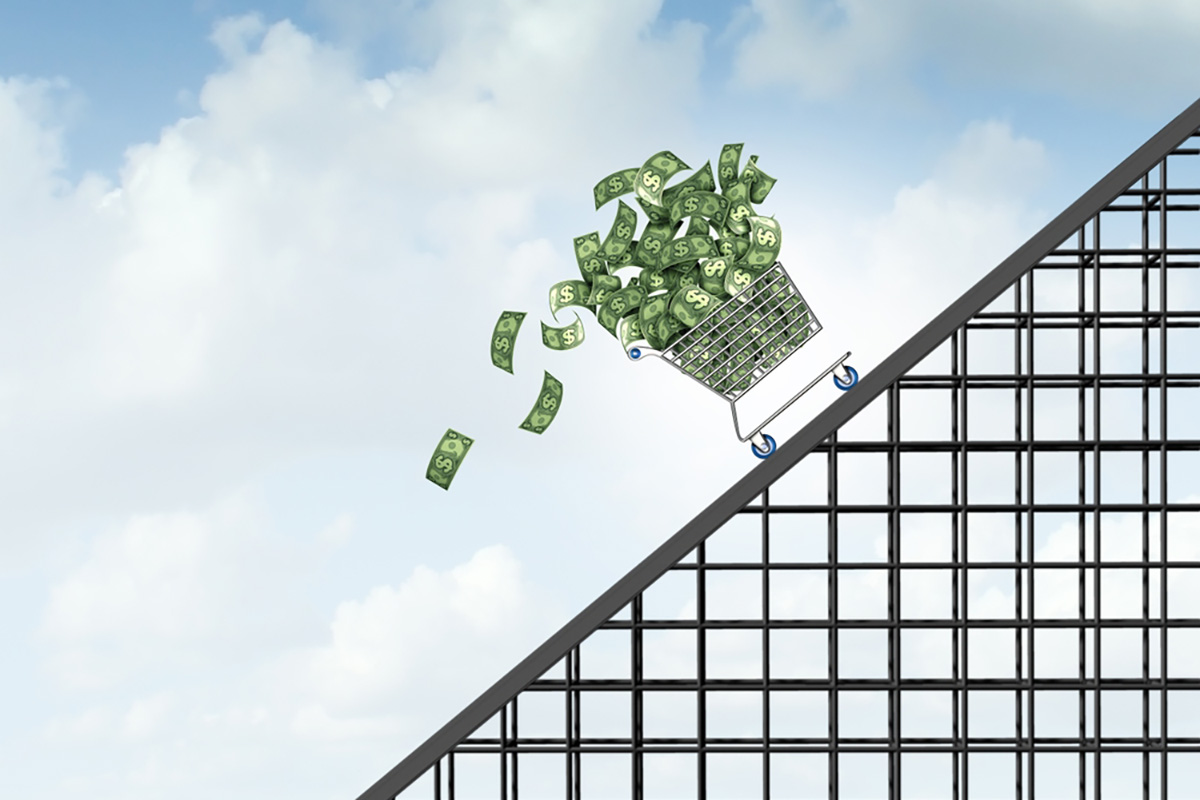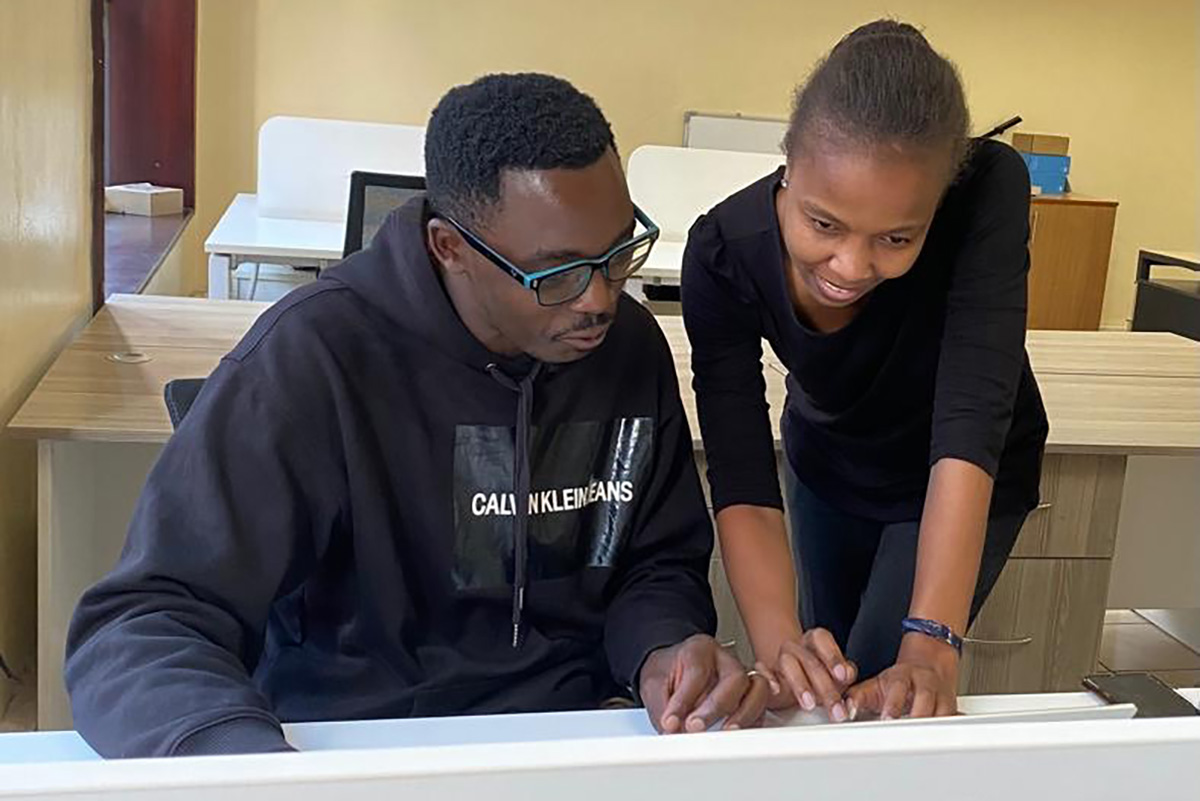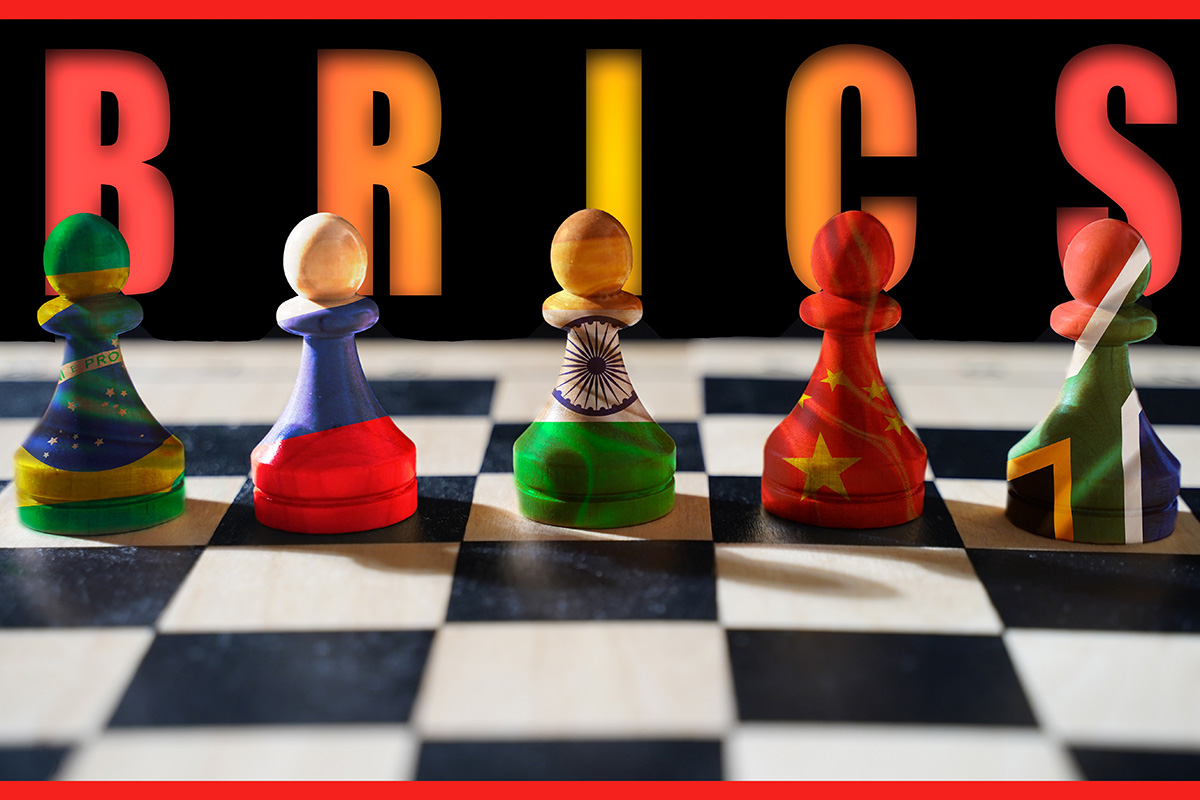Act now to preserve our planet
January 10 Our choices are already hurting our planet, writes Niharika Sharma,22 years old, a Correspondent from New Delhi, Indian based in the UK,who argues that consumers, businesses and governments all need to play their part if we are to preserve our planet for future generations.
Our choices are already hurting our planet, writes Niharika Sharma,22 years old, a Correspondent from New Delhi, Indian based in the UK,who argues that consumers, businesses and governments all need to play their part if we are to preserve our planet for future generations.
Climate change and ozone depletion are very real problems, despite what some might say. Research shows that climate change also plays a big role in conflicts globally, as many conflicts are caused by scarcity of basic resources, resulting from climate change. Those of us who live in low impact areas in the world are critical of the effects of climate change, but the countries in high impact zones suffer the consequences in very real terms – like disappearing coastal lines, diminishing agricultural lands, scarce rainfall, melting icecaps which in turn rob fauna of their food supply leading to their death. It is important that we lead sustainable lifestyles so that our future is not plagued by natural disasters which will cause immense harm to our countries and to human life.
Over the past few decades the conversation has moved towards sustainability and sustainable living, though the very mention of these terms leaves some individuals confused. Deconstructing these concepts and highlighting the smaller actions we can take is vital to encourage a positive perception of a planet-friendly lifestyle, as well as to achieve a global shift towards sustainability. If we are to make sustainable choices, it is vital for us to become more conscious about the way that we consume and produce.It is the responsibility of the consumer to monitor their consumption to ensure that they do not exceed the biocapacity of their region, and to ensure that they partake in sustainable practices in their communities to thrive within the limits of nature without causing it damage.
Sustainability does not have to be rooted in the reduction and withering of our lifestyles. Veganism and sustainability have been “mediacized”, peddled as a trend, and used by brands to make sales globally. Though this is a fundamentally flawed way to get the more serious sustainability message across, it does aid in making the lifestyle more attractive and socially acceptable.
Big brands are however not the only power brokers, it is also important for consumers to acknowledge that they have power too. Consumers are not helpless nor are they forced to keep supporting products on the market that could easily be replaced with more sustainable options, if they were to become available. The basic rule of demand and supply applies here. If the consumers start demanding ethically sourced, sustainable products then the market is bound to change to accommodate this demand. Every business will take the logical step to remain viable.
There are however limits to the power that individuals and communities have. For example, practices like recycling and the treatment of garbage are not common in many countries across the world, especially in southern nations. If the recycling system is not adequate in the region it is an impossible expectation from the consumers to recycle when the products being made available to them are not recyclable.Such practices are unsustainable as the burden gets shifted onto the consumer, while the producer continues business per usual. This is where the local governance and the civic sense of the citizens come into play, as communities and individuals need to demand change if we hope to see any solutions to our local and global sustainability problems.
As individuals, communities, businesses and governments we need to acknowledge that what we do has consequences. Even if we can’t see them immediately, somebody out there is suffering because of the choices we make in our lifetimes and the longer we wait to switch to sustainable lifestyles the less maneuverability we have in the long term, as a species. Our lives in the big scheme of things are intrinsically linked to one another, the choices that we make today affect people on the other side of the world, our children and our planet. We need to realize that there is a great need for us to act as one if we hope to do right by our future generations, and more importantly our planet. We must act now as individuals first and come together as communities as there is no Planet B.
Photo credit: Pixabay Creative Commons license
…………………………………………………………………………………………………………………
About me: An army brat with a profound love for traveling, storytelling and making new connections, I find joy in sports, dancing, learning new languages and advocating for human and animal rights. I am an International Relations scholar at the University of Bristol, UK and I dedicate my time to working with vulnerable population groups like the Rohingya refugees of Myanmar.I aspire to make a positive impact in the treatment and quality of life for refugees in Asia, through systematic policy changes.
…………………………………………………………………………………………………………………
Opinions expressed in this article are those of the author and do not necessarily represent the views of the Commonwealth Youth Programme. Articles are published in a spirit of dialogue, respect and understanding. If you disagree, why not submit a response?
To learn more about becoming a Commonwealth Correspondent please visit: http://www.yourcommonwealth.org/submit-articles/
…………………………………………………………………………………………………………………




